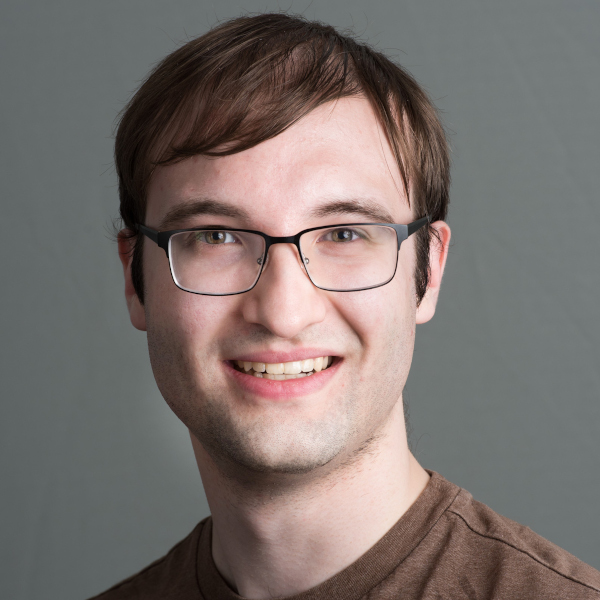Faculty Candidate Seminar
I Am Error: How Math Can Automatically Fix Mistakes
This event is free and open to the publicAdd to Google Calendar

Passcode: 359949
CSE Lecturer Candidate
Abstract:
In the age of computing, vast amounts of data are created, transmitted, and stored. This data can be very fragile–swapping out a few 0’s for 1’s can alter it greatly, or even cause entire files to become unreadable. This is a concern during processes such as long-distance radio communication, where perfect transmission of data is often impossible. A long line of computer scientists going all the way back to Claude Shannon in 1948 have studied this problem and developed error-correcting codes as a solution. Error-correcting codes are methods of encoding data with a particular mathematical structure that allows the original data to be recovered after being corrupted with multiple errors.
This talk will serve as a general introduction to error-correcting codes. We will discuss why error-correcting codes are useful, how they correct errors that arise in data, and what parameters are used to measure their effectiveness. Several examples of error-correcting codes will be introduced and analyzed over the course of the discussion. We will conclude by examining some theoretical and practical limitations of error-correcting codes. No mathematics or computer science knowledge will be assumed beyond basic binary operations.
Bio: Dylan is a sixth-year Ph.D. candidate in mathematics at the University of Chicago, advised by Sasha Razborov and Madhur Tulsiani. He is broadly interested in areas spanning both combinatorics and theoretical computer science, including graph theory, algorithms, and information theory. His recent research is on developing algorithms for decoding error-correcting codes constructed using pseudorandom combinatorial structures. He received a B.S. in mathematical sciences and materials science and engineering from Carnegie Mellon University in 2015.
 MENU
MENU 
